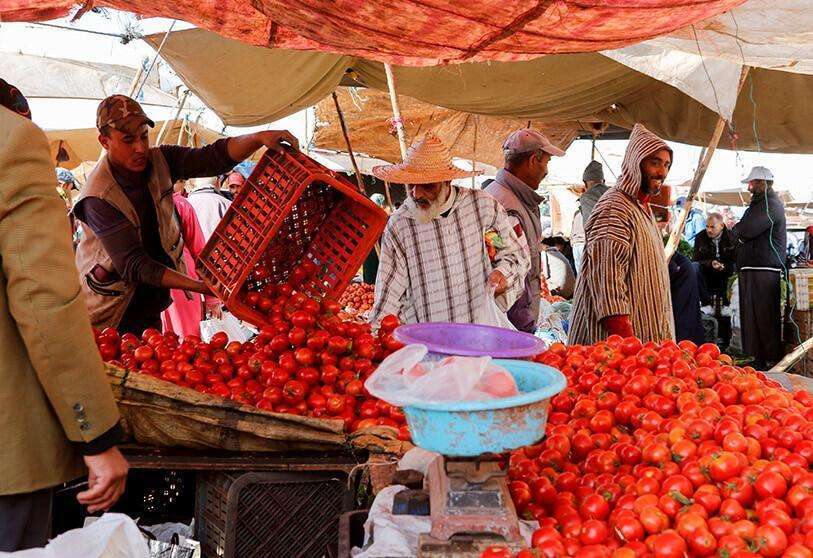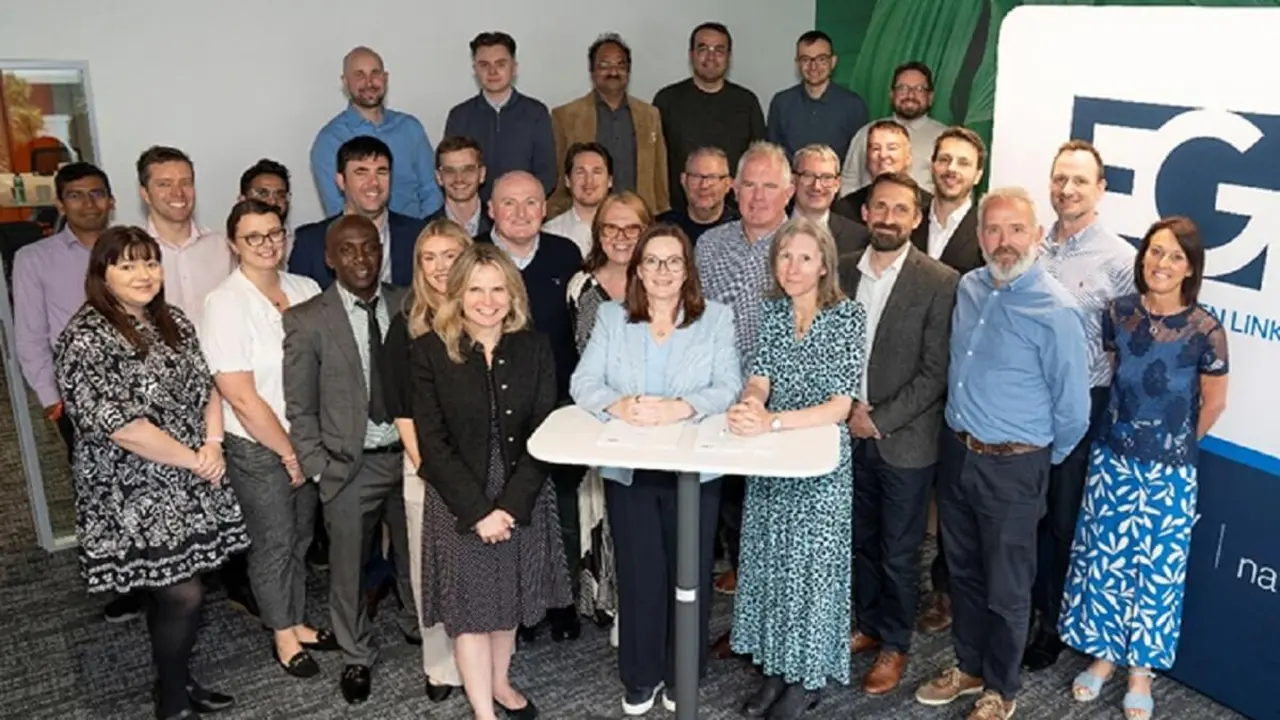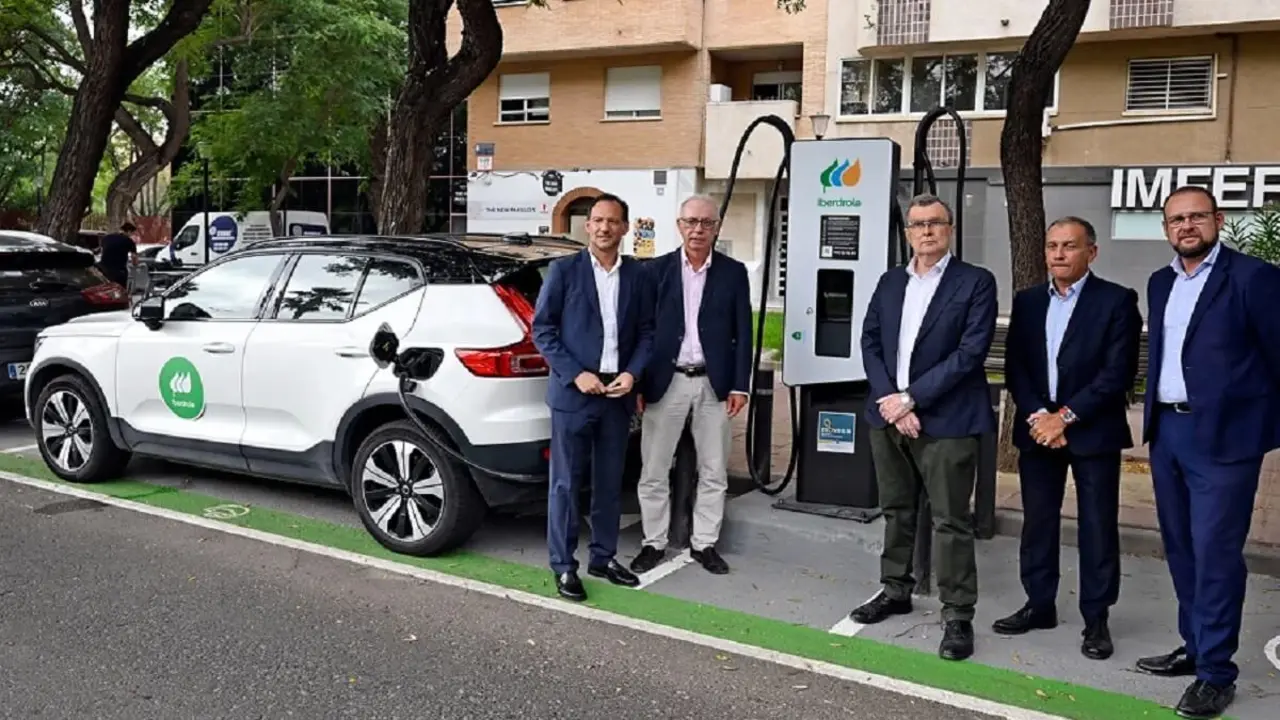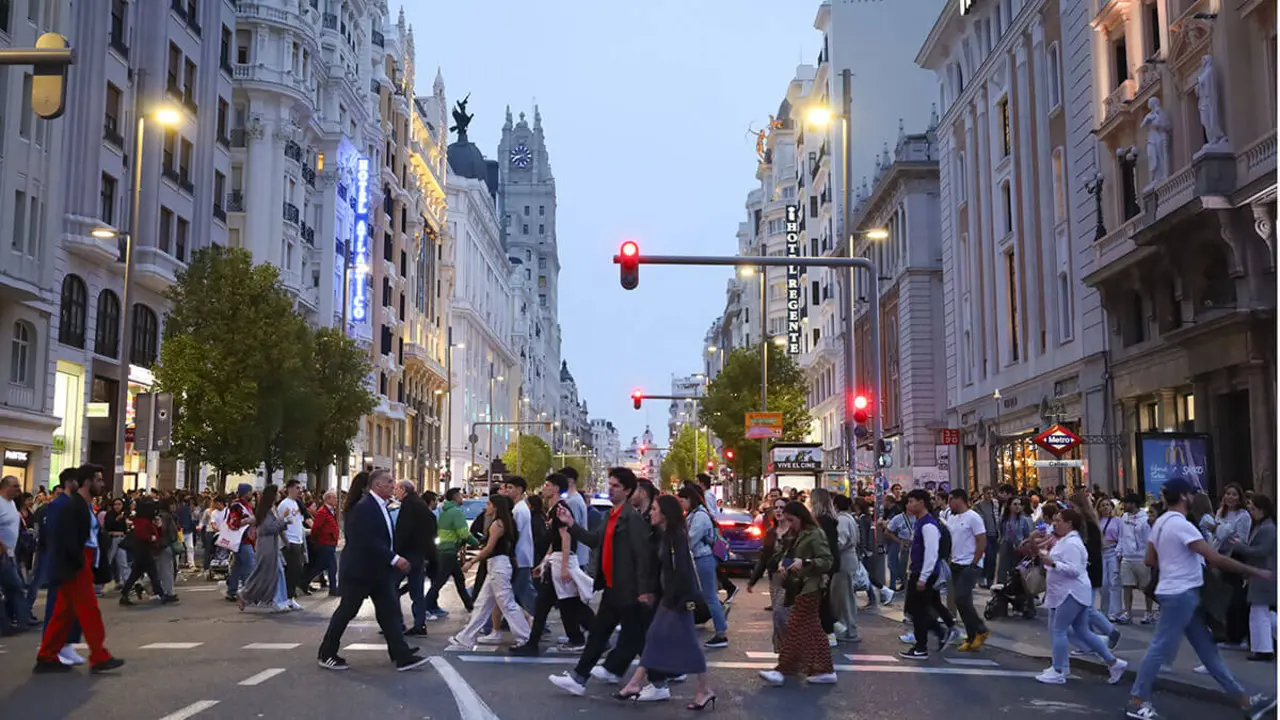La economía, clave en las relaciones hispano-marroquíes

The High Level Meeting (HLM) between Morocco and Spain will be held in Rabat on 1 and 2 February. This type of meeting, which will aim to strengthen and boost bilateral ties in different aspects, will be the first since 2015. As the Spanish Minister of Foreign Affairs, José Manuel Albares, has pointed out, this meeting "will give a new impetus to a bilateral relationship that is extraordinarily beneficial for both". In this sense, the head of Spanish diplomacy underlined the commercial ties, highlighting that trade between the two countries has increased by almost 30% during 2022.
However, this has been the trend in recent years. As Mohamed Khachani, PhD in Economics and professor at the Mohamed V University of Rabat, points out in the newspaper Cinco Días, trade between Rabat and Madrid has doubled in the last ten years, "with growth rates of more than 10% per year since 2011". Khachani, who was also a member of the Averroes Committee, acknowledges that the economy has been "the driving force" of Spanish-Moroccan relations since the signing of the Treaty of Friendship, Good Neighbourliness and Cooperation in 1991. This agreement is the basis of the current ties and also the framework in which the high-level meetings between Rabat and Madrid are held, such as the forthcoming one, in which economic ties will play an important role.
??️ @javifarri analiza la importancia de la #RAN entre España y Marruecos
— Atalayar (@Atalayar_) January 30, 2023
✅? Intereses estratégicos entre los dos países
✅?? Fin al conflicto saharaui
✅? Estabilidad en el Magreb y en el Sahel
✅???? Frente al juego de intereses entre la Rusia de Putin y Argelia pic.twitter.com/dOiP7Y2n9K
In addition to signing numerous bilateral agreements - the diplomat and international analyst Gustavo de Arístegui pointed out on the radio programme 'De Cara al Mundo' that more than 20 are being negotiated - a business forum will be held during the meeting. In June, a similar meeting was organised in Dakhla with the aim of strengthening optimal bilateral trade relations and boosting investment in Morocco's southern provinces.
The North African Kingdom represents an interesting destination for Spanish companies. Proof of this are the nearly 17,000 Spanish companies that already maintain commercial relations with Morocco and the approximately 1,000 that are established in the country. According to Kachani, these companies "have been able to integrate smoothly into the national economic fabric, marked by the emergence of efficient industrial ecosystems and the rise of global Moroccan companies".
In order to strengthen business cooperation between the two nations, the Morocco-Spain Economic Council (CEMAES) was created in Rabat in 2013 between the Confédération Générale des Entreprises du Maroc (CGEM) and the Spanish Confederation of Business Organisations (CEOE). This business association came into being thanks to a Spanish-Moroccan collaboration agreement in the presence of the King and Queen of Spain and Morocco.
أرقام التجارة الثنائية الإسبانية ???? المغربية في الفترة من يناير إلى نونبر 2022، عرفت تزايدا كبيرا.
— EmbajadaEspañaMarruecos (@EmbEspanaRabat) January 31, 2023
هذه الأرقام أعلى من تلك الخاصة بعام 2021 بأكمله، وهو العام الذي سجل أعلى القيم في السلسلة التاريخية للمبادلات، سواء بالنسبة للصادرات إلى ?? أو الواردات منه. https://t.co/bfsTaugcZp
"The main objectives of this Council, which brings together businessmen from both countries, are to promote bilateral business collaboration and strengthen bilateral trade relations, as well as to promote reciprocal investment", as the CEOE itself explains. Kachani adds that CEMAES also serves "to jointly explore third markets".
Although many of the Spanish companies working with Morocco belong to sectors such as textiles, tourism or agriculture, the presence of innovative industries is increasing. On this point, the PhD in Economics lists the energy transition, green hydrogen and renewable energies, seawater desalination and high-speed rail transport.
Morocco does not only attract Spanish companies. Other companies from different countries have also realised the potential of the Alawi Kingdom and have begun to operate in the country. In fact, a list drawn up in February 2022 by Business Insiders, a US digital newspaper specialising in economics and finance, ranked Morocco as the fifth country in Africa for investment. On the other hand, according to the Country Brand Ranking Trade 2022-2023 report, Morocco is positioned as the fourth most attractive African nation for trade.

The economy and trade have a prominent and privileged place in Spanish-Moroccan ties. Spain is Morocco's leading trading and investment partner, surpassing even other countries with strong ties to Rabat, such as France. This has been the trend over the past eight years, which has also allowed Morocco to become Spain's third largest economic partner outside the European Union, behind only the United States and the United Kingdom.
Despite COVID-19 and the political crisis in relations between Rabat and Madrid in 2021, trade ties between the two countries have remained intact. As Khachani points out, during that year, trade exchanges reached nearly 154 billion dirhams. "This positive evolution is reflected in the trade coverage rate, which rose from 79.8% in 2017 to almost 100% in 2020 (96.9%) and to 85.4% in 2021," writes the Moroccan professor in the Spanish medium.
Within bilateral trade, Kachani explains that Morocco's exports in 2021 were mainly composed of electrical distribution equipment, automobiles, clothing products and agri-food products. On the other hand, Moroccan imports were based on petroleum products, industrial equipment, piston engines, copper wires and profiles.

The political authorities are aware of the solid and strong trade relations between Morocco and Spain. In fact, as Kachani asserts, the current favourable economic situation "has been backed by a common political will to boost cooperation between the two countries". As an example, he cites high-level meetings and the signing of agreements in recent decades that have allowed the different governments to overcome "political and diplomatic difficulties".
The current optimal panorama has also been favoured by several factors that Kachani emphasises, such as "geographical proximity, political stability, a favourable institutional and legal environment, the liberalisation of the economy, an investment regime favourable to foreign investors, a programme of industrial zones and modernisation of telecommunications, an available and cheap labour force and the proximity of European and African markets".

Morocco and Spain enjoy a privileged geographical location. While the Maghreb nation is the gateway to Africa, the Iberian country represents the entrance to the European continent. For these reasons, both Rabat and Madrid can benefit from their neighbour's strategic position while strengthening bilateral ties.
As Kachani writes, Morocco's cooperation with the rest of the African continent 'can serve as a bridge for Spanish companies'. Likewise, a close Spanish-Moroccan partnership would foster rapprochement between Morocco and the EU. In turn, Brussels will also benefit from relations between Madrid and Rabat with the aim of projecting itself in North Africa, as well as in the rest of the continent.

Praising the geostrategic position of both countries, Kachani concludes his analysis with a statement by former Spanish Foreign Minister Miguel Ángel Moratinos. "When you look at this Africa-Europe axis, what is its centre of gravity? It is Morocco and Spain, not Berlin or Pretoria", he concludes.








